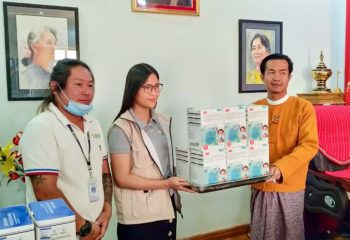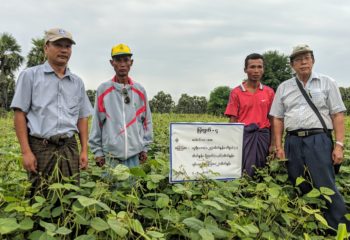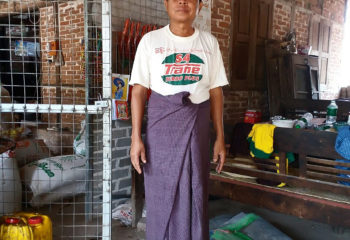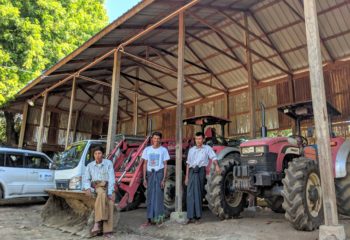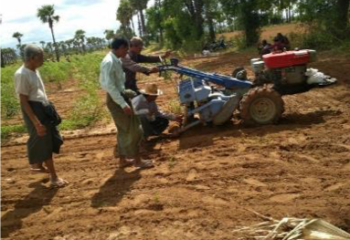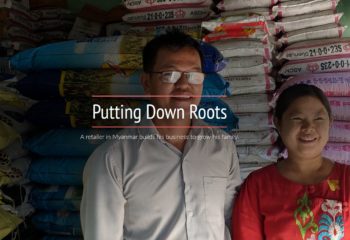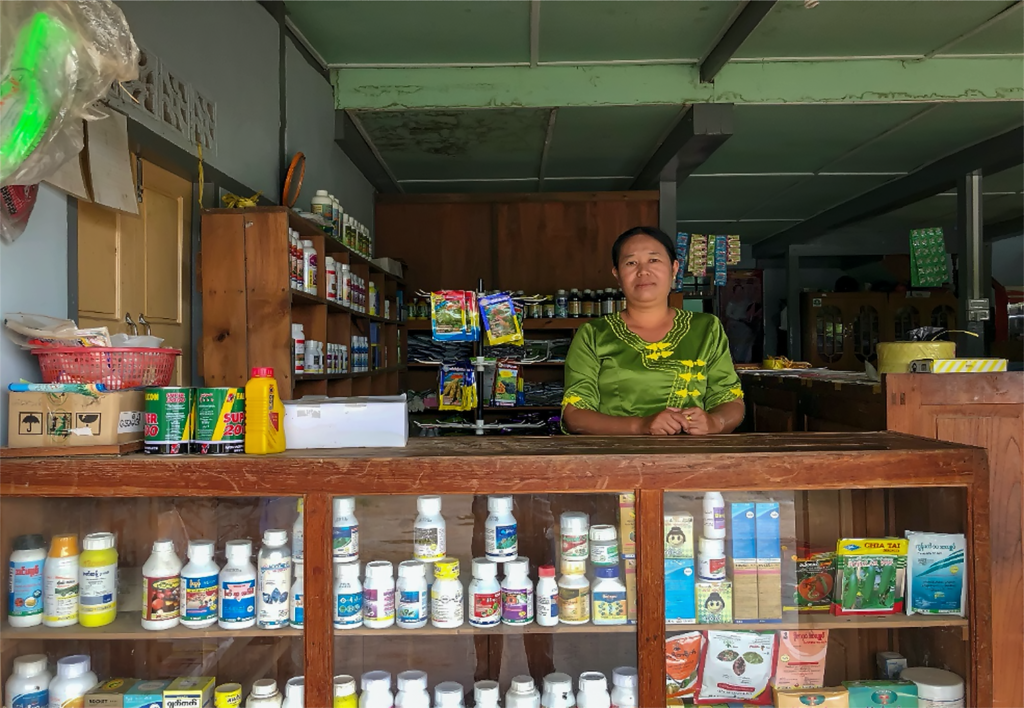
The Uplands Agro-Input and Farm Services Project is boosting smallholder farmer incomes in Myanmar by strengthening networks of agricultural input and service providers. The project is funded by the Livelihoods and Food Security Trust (LIFT) Fund.
The project (2015-2020) works with private sector input and service providers (ISPs) to develop and distribute products, services, and information that enhance farmer productivity and profitability. These include inputs like seed, fertilizer, and plant protection products, along with crop management services and technology for land preparation, harvesting, and post-harvest processing.
The project works with private sector input and service providers to develop and distribute products, services, and information that enhance farmer productivity and profitability.
Farmers will learn to compare the return on inputs and services for their cropping systems, as well as basic crop budgeting. Meanwhile, collaboration between public and private sector farm advisory service providers will deepen, while coordination with public sector extension workers will ensure that improved input use is recommended in the context of both farm profitability and conservation agriculture.
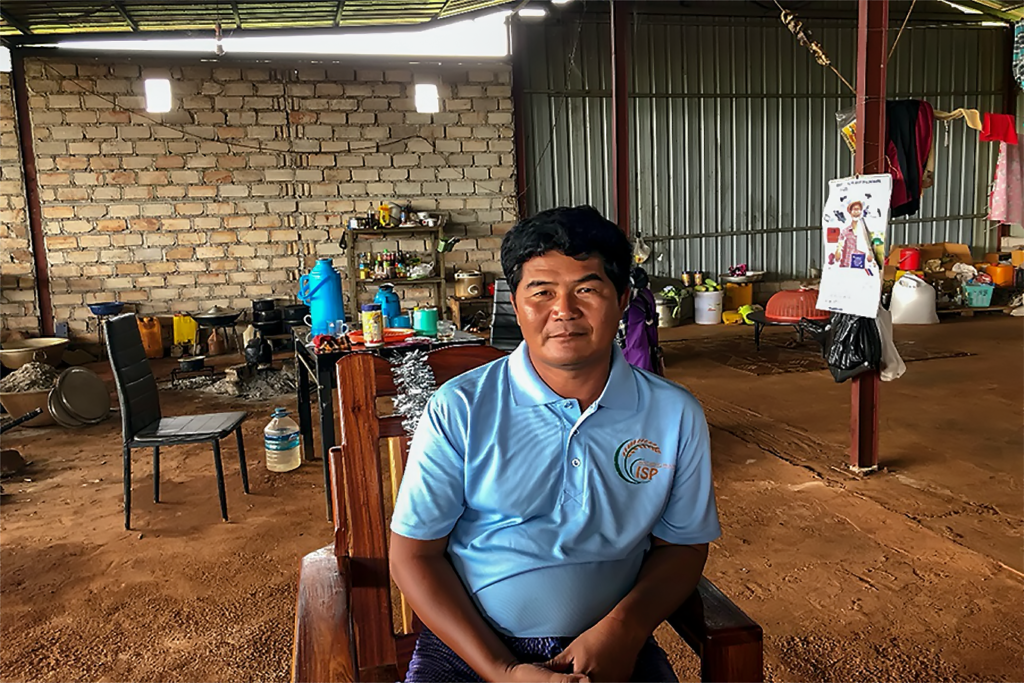
Goals Met
- More than 50 ISPs are accessing finance to enable them to serve a customer base of about 31,000 farmers.
- Over 200 farmer training sessions and 90 farmer field days were held, with an attendance of nearly 15,000 farmers (5,000 women).
- Nearly 150 Department of Agriculture extension workers (84 female) participated in farmer trainings, demonstration plots, or field days.
Results
2020
- A total of 42,551 stakeholders directly benefitted from the project.
- In 2020, COVID-19 presented a major disruption for the project, which already had a short time frame. By late March, all field operations had ceased. While field-based training was not possible during this period, other activities were conducted.
- Demonstrations were harvested with good collaboration from DOA and the farmers.
- ISPs continue to receive remote contact from the project to gather data and prepare business development proposals.
2019
- 53 ISPs are accessing finance to enable them to
serve a customer base of about 31,000 farmers. ISPs initiated nine
demonstration plots, held nine farmer field days, and organized 20 farmer
trainings in cooperation with IFDC, the Myanmar DOA, and/or industry
representation. - 201 farmer training sessions and 90 farmer field
days were held with 14,878 farmers (5,204 women) on conservation agriculture,
safe use of crop protection products, and effective and efficient used of
seeds, fertilizers, and other agro-inputs. - Trained farmers received input vouchers to
redeem at project ISPs. As a result, the ISPs reported increases in sales in
2018. - 146 DOA extension workers (84 female)
participated in farmer trainings, demonstration plots, or field days.

